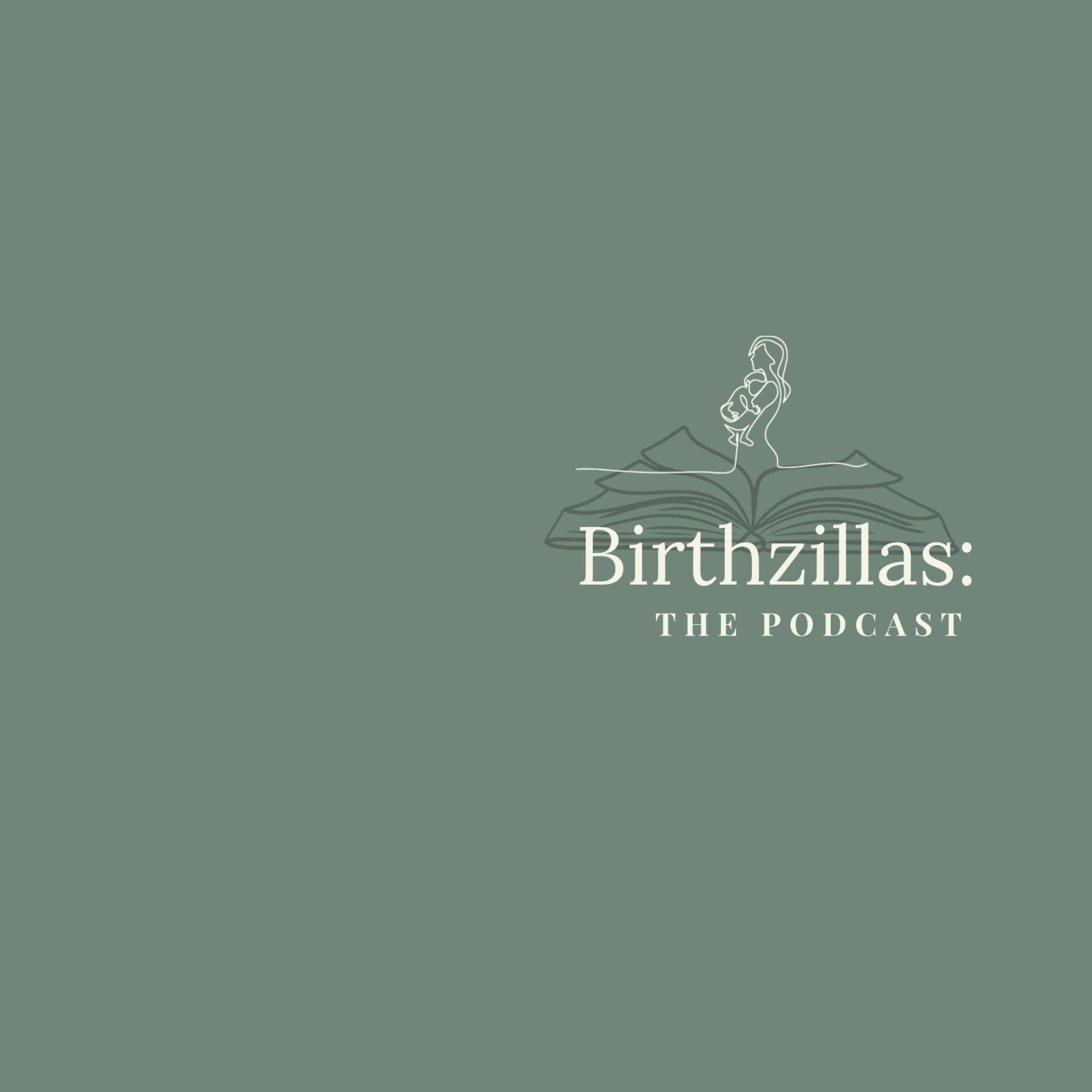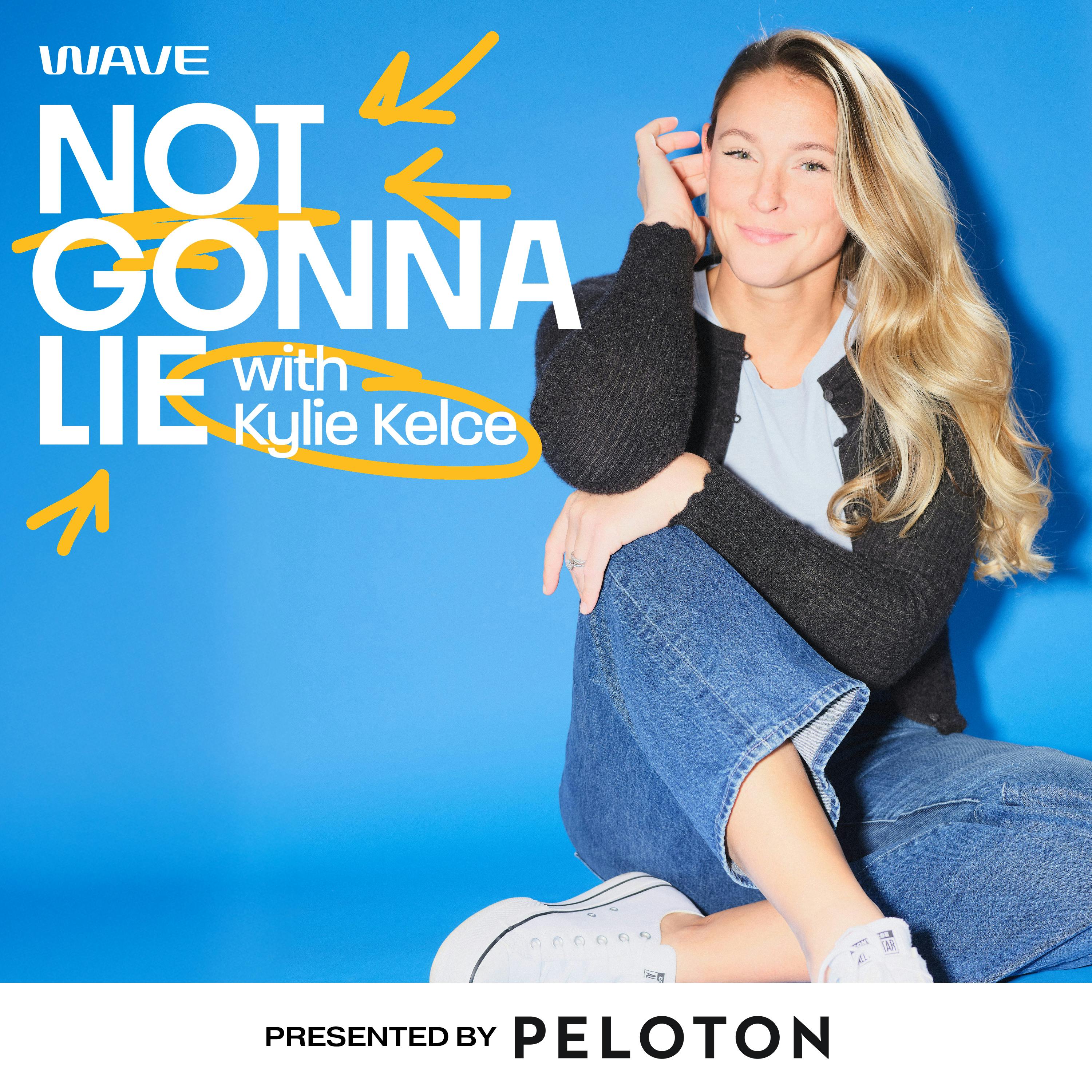
The Friday Brief with Phoenix Ricks
The Friday Brief is a calm news podcast by Girl Friday, a boutique global affairs firm in Washington, D.C. We believe awareness impels action for a world of good.
The Friday Brief with Phoenix Ricks
Remembering Mandela's Words
Use Left/Right to seek, Home/End to jump to start or end. Hold shift to jump forward or backward.
Last Friday was Mandela Day, an annual celebration of Nelson Mandela's birthday. What did he say about a free press? Is it essential for democracy? We examine his quote and analyze unsettling developments in the U.S., particularly the federal funding cuts to the Corporation for Public Broadcasting. Plus: Why are activists ringing alarm bells about corruption in Ukraine? Who is in the U.S.-Venezuela prisoner swap? And, how does the White House feel about Israel's new strikes on Syria? All in under 15 minutes!
Be sure to follow us on Instagram @thefridaybrief and sign up for The Friday Brief newsletter on thefridaybrief.com.
Welcome to The Friday Brief, a news podcast by Girl Friday. I’m Phoenix Ricks, the CEO of Girl Friday and your host. This is your brief for July 21, 2025.
The Times of Israel reported that the White House is alarmed by Benjamin Netanyahu’s military decisions in Syria. Sources within the White House reportedly called him a “madman” and a “child who just won’t behave.” Axios reported that one of their White House sources said, “He bombs everything all the time.” Why are these conversations happening? Well, Israel struck Syria in response to widespread murders in a primarily Druze city. The fighting was initially between Bedouin clans and the Druze, and there are hundreds reported dead. Israel acted to protect the Druze after Syrian government forces seemed to back the Bedouin clans against the Druze. According to the BBC, the Druze community “follows a secretive, unique faith derived from Shia Islam, and distrusts the current government in Damascus.” The Druze are a minority community in Syria, Israel, and Lebanon, and there’s certainly a rocky history between their community and Bedouin tribes. The BBC said Syria's interim president announced an "immediate ceasefire," but there have been reports of minor clashes since that announcement, so we'll keep watching Syria. Now, looking at news from Europe.
NBC says that activists in Ukraine are ringing alarm bells about corruption. In previous political eras, corruption was a pretty consistent topic of conversation, but over the past several years, the war with Russia has been the primary focus within Ukraine. Here’s why activists are flagging concerns: on July 11, Ukrainian police raided the home of Vitaliy Shabunin, the co-founder of Ukraine’s Anti-Corruption Action Center. He had accused Ukraine’s president, Volodymyr Zelenskyy, of “taking the first, but confident steps toward corrupt authoritarianism.” NBC says this included supporting laws with amnesty for people accused of corruption in the defense industry. The police raid has rattled even Zelenskyy’s supporters, who are likely concerned about how he’s handling opposition and dissent while also worrying about how Russia and the U.S. will view his actions. Daria Kaleniuk, the executive director of the Anti-Corruption Action Center, said, “This is the red line which President Zelensky has crossed — and the red line is in a very wrong direction in terms of the development of Ukraine.” More than 50 NGOs and civil society organizations have signed an open letter to Zelenskyy saying the arrest, among other things, “bears signs of political motivation.”
CBS reported that ten Americans were headed back to the U.S. after a prisoner swap between the U.S., El Salvador, and Venezuela. The Americans were freed from Venezuela in exchange for 252 Venezuelans who were being held in an El Salvadorian prison, after being deported from the United States. Three sources told CBS that a former Navy SEAL is in the contingent of freed Americans. He was detained while on personal travel, and according to his family, he suffers from impaired judgment due to serious brain injuries sustained in the Navy. His family’s statement said he is “an innocent man who was used as a political pawn by the Maduro regime.”
Last Friday was Mandela Day, an annual celebration of Nelson Mandela’s birthday. Given what is happening in the United States, this particular Mandela quote is timely. He said, “A critical, independent and investigative press is the lifeblood of any democracy. The press must be free from state interference. It must have the economic strength to stand up to the blandishments of government officials. It must have sufficient independence from vested interests to be bold and inquiring without fear or favour. It must enjoy the protection of the constitution, so that it can protect our rights as citizens.” Do we have a truly free press right now in the United States? I think about Mandela’s wise words as I look at the latest U.S. government funding cuts to public media.
NPR announced that the House approved the Trump administration’s plan to rescind $9 billion in previously allocated funds. That includes $1.1 billion for the Corporation for Public Broadcasting. This cuts all federal funding for NPR, PBS, and their local member stations. The rest of the cuts were for foreign aid. NPR reported that all but two Republicans voted for these cuts. NPR’s CEO Katherine Maher said this is an "irreversible loss" and "an unwarranted dismantling of beloved local civic institutions." Because so much of this debate about public broadcasting focused on individual TV shows, I don’t know if all Americans fully understand the implications of that statement. The funding from the Corporation for Public Broadcasting helps approximately 1,000 member stations across the nation operate. They are the ones that broadcast some of your favorite programs. This isn’t just about how some Republicans, like Ted Cruz, might feel about Sesame Street; this is also about jobs.
Americans may not have realized that their hardworking neighbors could potentially lose their jobs because their stations no longer have the same guaranteed operating budgets. And sure, those member stations rely on a mix of funding, including donations. But, who or what will make up the difference? I imagine we’ll see well-known family foundations that focus on the arts, culture, and journalism step up to the plate in their local communities, but what will happen to the stations in areas that aren’t a philanthropic priority? And if you’re thinking, well, this all sounds so expensive, and maybe that’s why it was cut, NPR noted that this only costs about $1.60 per American, every year.
This isn’t just about jobs, or amazing educational programs on PBS Kids, or your favorite news shows, though all of those things are incredibly important. We have to also remember that public broadcasting literally saves lives during natural disasters. Here’s what North Carolina Representative Alma Adams said in defense of public broadcasting, "When Hurricane Helene devastated western North Carolina last year, public broadcasting was there when traditional communications failed. Widespread power, cellular, and internet outages meant that for thousands of North Carolinians, public radio was how they received their news." One dollar and 60 cents. From each of us. That’s all it cost us.
Now I want to you compare that to the funding given to Immigration and Customs Enforcement. Reporting on the One Big Beautiful Bill, CBS said, “Overall, the Republican-led Congress set aside roughly $170 billion for immigration enforcement and border security efforts through the legislation, including $75 billion in extra funding for ICE, making it by far the highest-funded law enforcement agency in the federal government.” While they’re building Alligator Alcatraz, your local public broadcasting station may have to close. That’s something to think about, especially if you live in an area that is impacted by natural disasters.
Thank you for listening to The Friday Brief. We are now on daily, so make sure you and your friends don’t miss an episode! Check out thefridaybrief.com, and follow The Friday Brief on Instagram and TikTok. Until next time, I’m Phoenix Ricks signing off from Washington, DC. Let’s work together for a world of good.
Podcasts we love
Check out these other fine podcasts recommended by us, not an algorithm.

.png)
